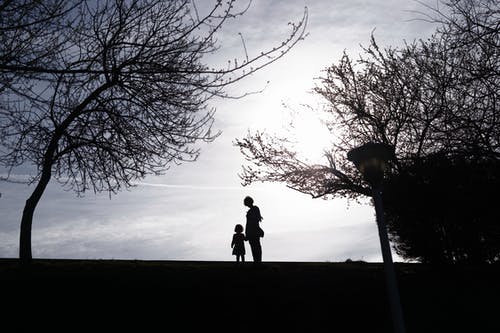How Families Can Cope with Loss During COVID-19
By Tracy Hart, LCMHC

We are experiencing a unique time due to the current coronavirus crisis. For some, this circumstance has intensified the grief they were already feeling from a loss that occurred before the virus.
You may be finding that the adults, kids and teens in your family are not responding to this situation in the same way. However, people of all ages are feeling challenged by some of the difficult elements of life during COVID-19. These may include:
- Disruption of comforting daily routines and social connections
- Difficulty focusing on work or school responsibilities
- Worry that something will happen to them or someone they love
- Indefinite timeline of quarantine or other “stay at home” measures
- Grief triggers related to previous losses
- Anxiety, anger, or other strong emotions
Children may have difficulty in controlling their behavior or regulating emotions at this time, because they have not yet fully developed these skills. They may need extra support to process and express their sense of loss.
Following are suggestions for ways that families can help support kids and teens during this crisis.
Acknowledge losses
What feels like a small or insignificant loss to an adult may be very meaningful to a child or teen. Let them know it’s OK to feel sad or angry about a team sport being canceled, missing their friends, having to miss prom this year, etc.
Encourage expression of emotion
Help your child or teen identify one or two creative ways that they like to release big feelings. This may be through talking, writing, making art, music or dance.
Create opportunities to move and play
Whether your child is a preschooler or a high schooler, movement and playful activities can provide needed release as well as help generate positive emotions.
Provide structure
Most kids and teens benefit from having a daily routine. Create a schedule together that includes play / free time and time for family connection, in addition to school responsibilities and household chores.
Focus on connection
The most important way to help your child or teen during this crisis is find frequent opportunities to connect through affection, talking, and finding ways to enjoy being together.
Consult with a Kids Path counselor
Kids Path counselors are available to the community for a phone consultation at no cost. Call 336-544-5437 and ask to speak with any Kids Path counselor.

